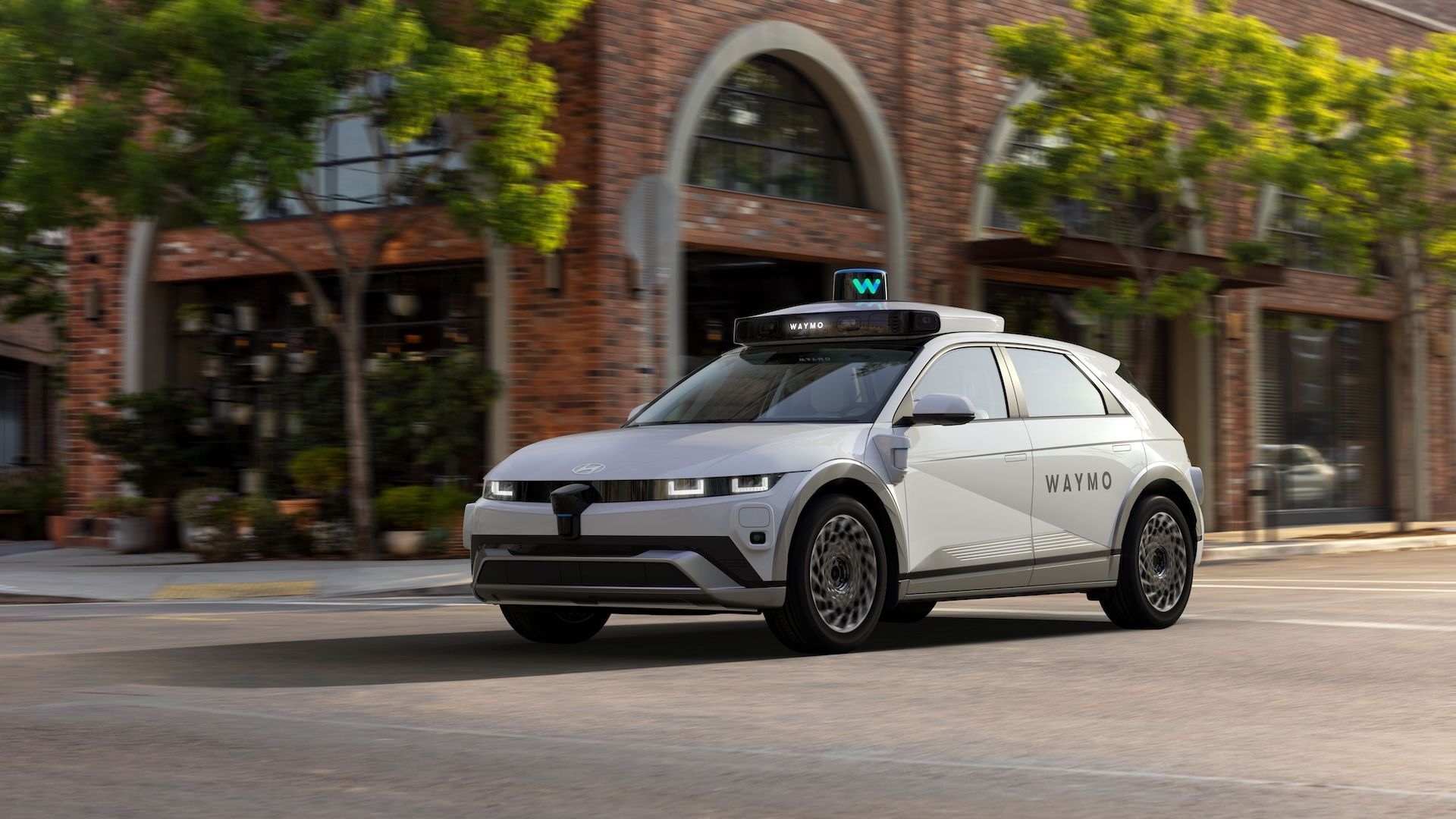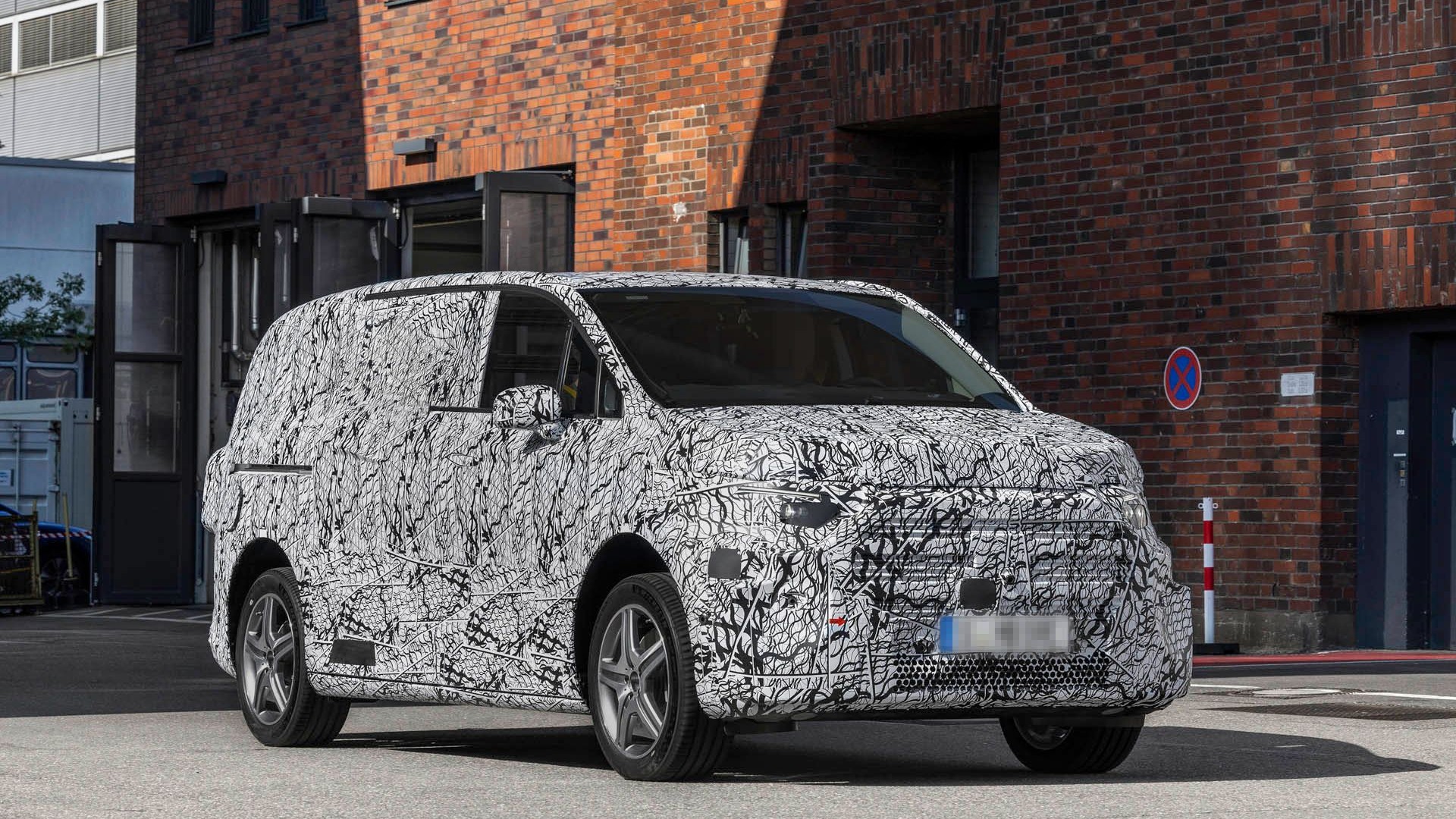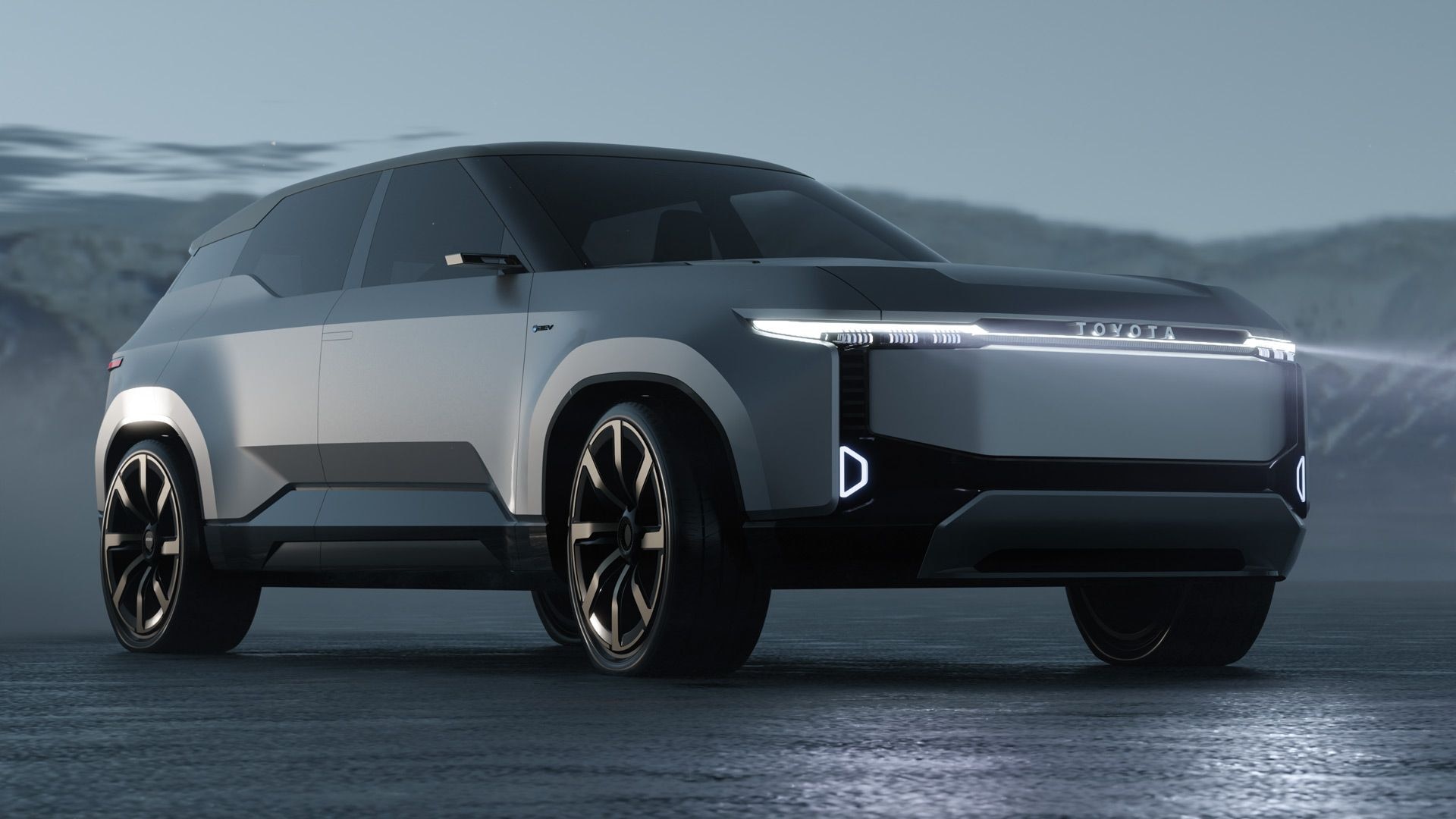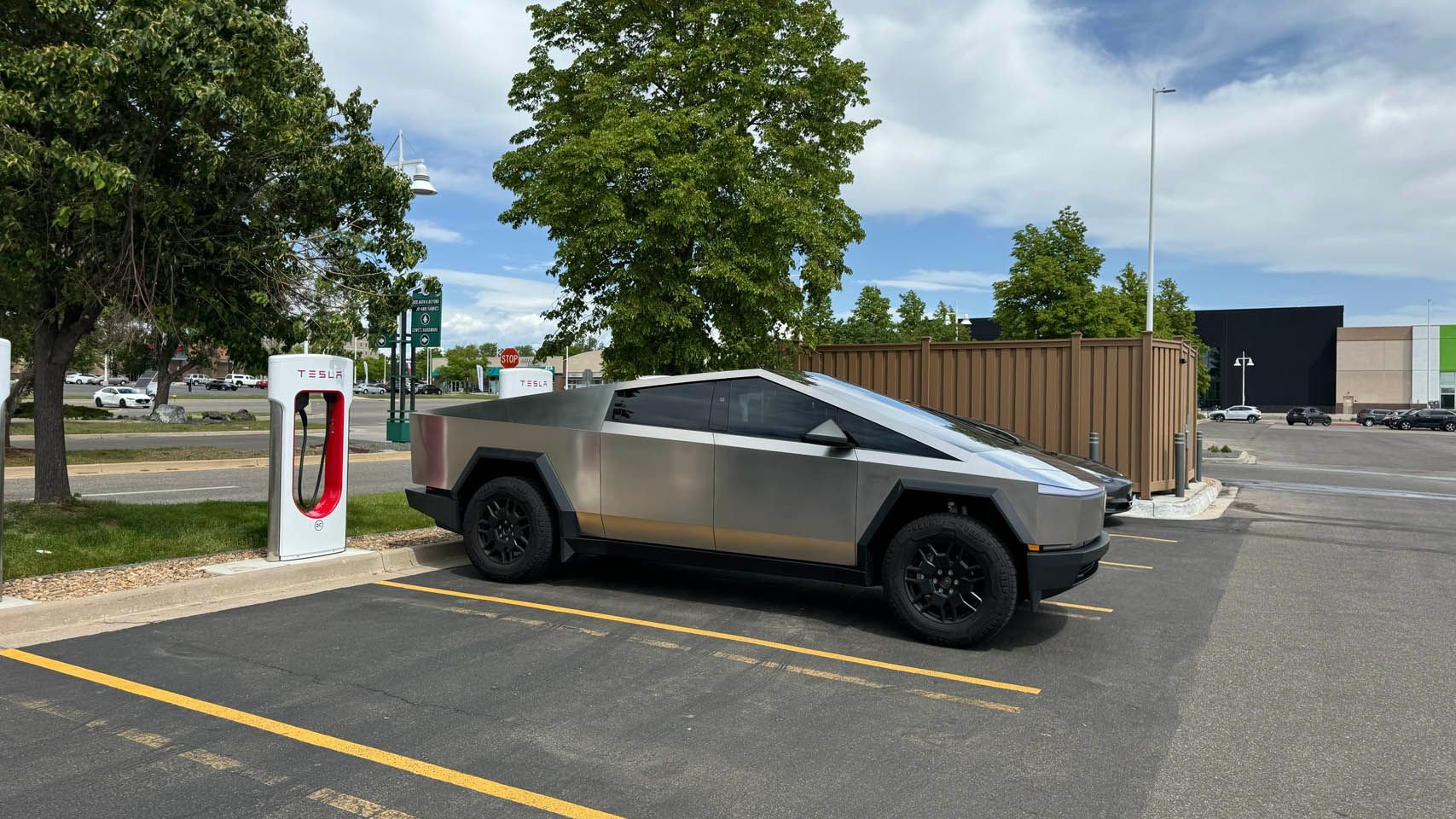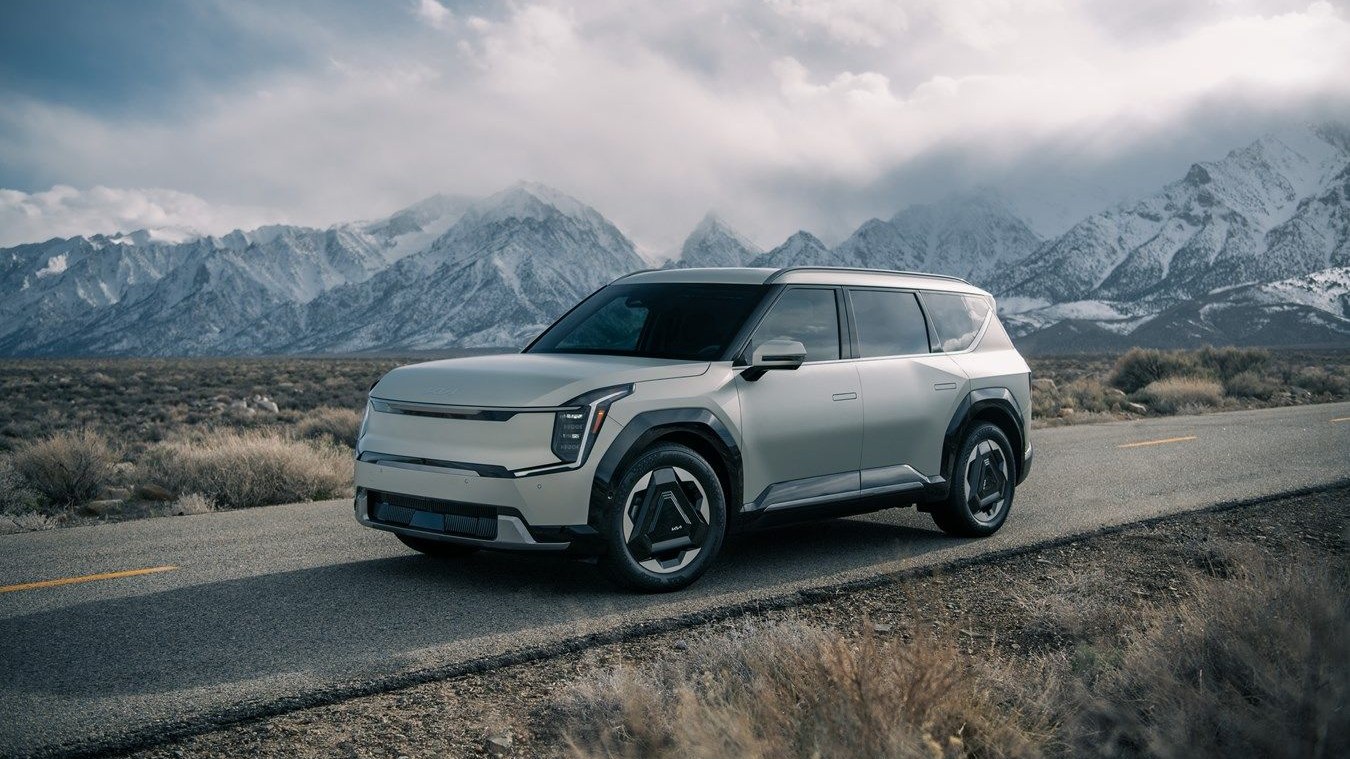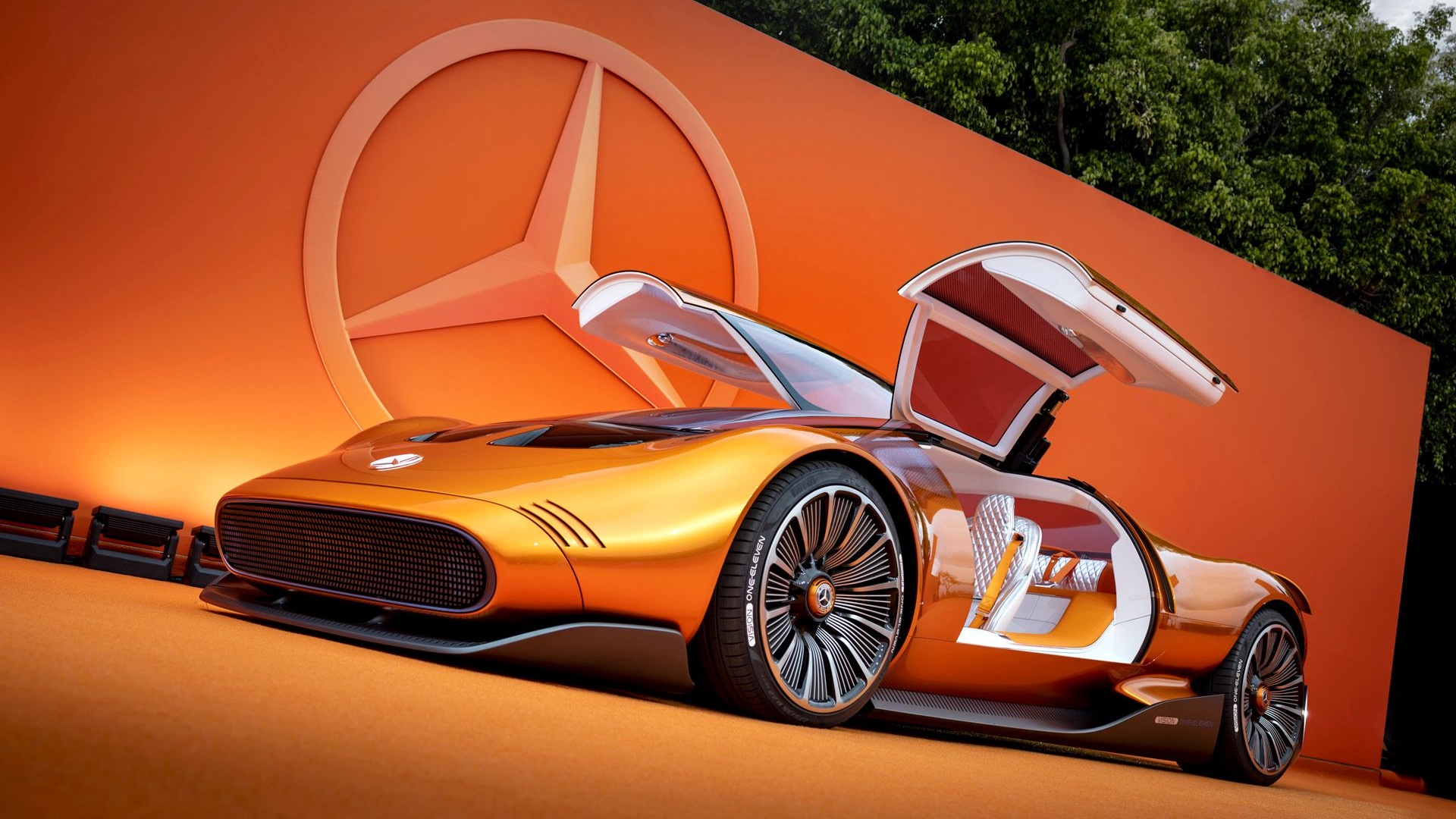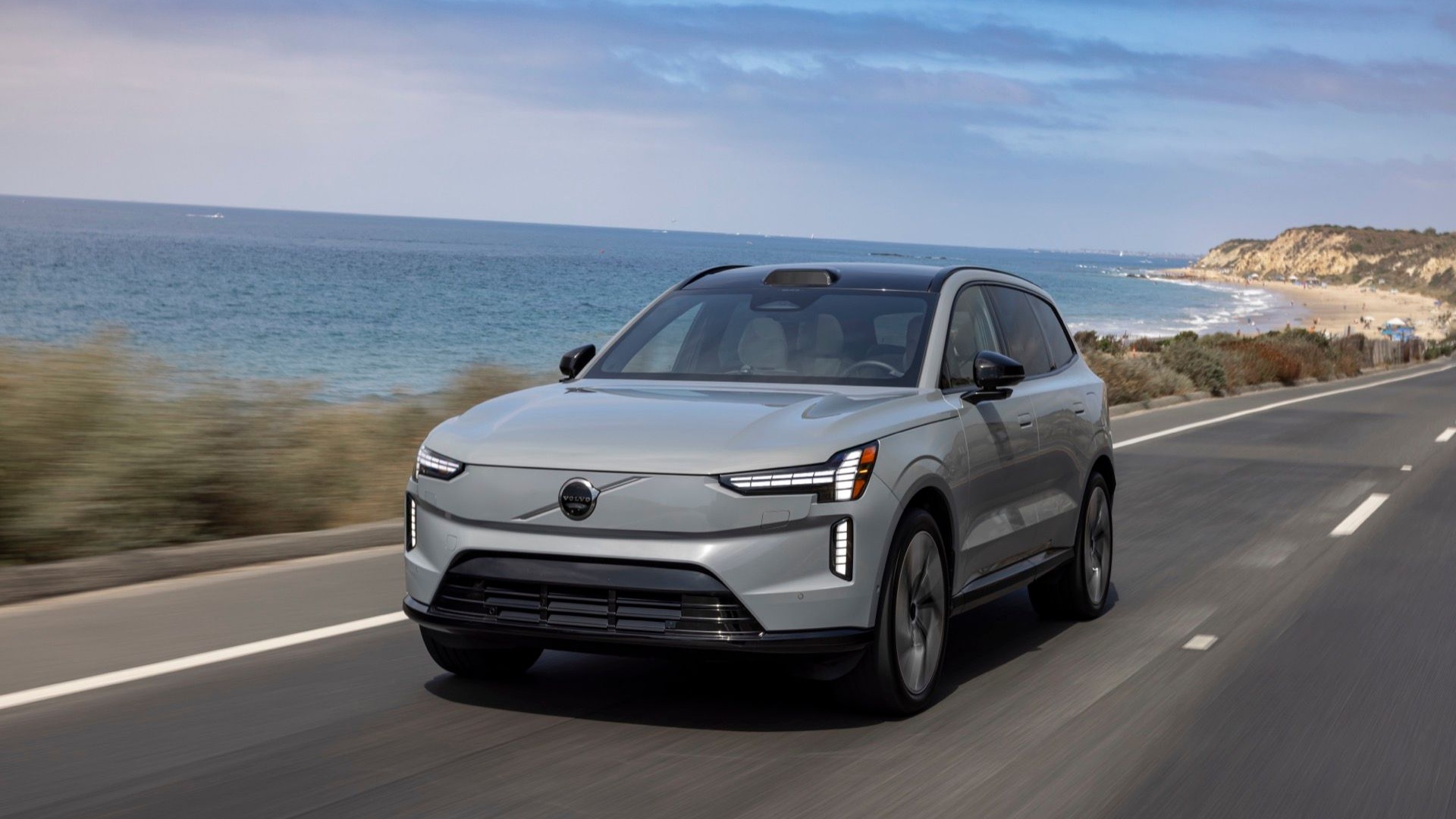- Nissan Leaf batteries are getting a second life
- Nissan expects to use the battery packs from about 50-60 Leafs
- The project is projected to reduce yearly carbon dioxide emissions by up to 3.7 tons
Used Nissan Leaf batteries will help power the automaker's U.S. headquarters in Franklin, Tennessee.
The automaker announced Thursday that it is adding two battery systems at its headquarters, located just outside Nashville, which will be charged during off-peak times and will supply power during periods of peak electricity demand, helping to balance the grid by keeping electricity demand from the office building more consistent while reducing emissions.
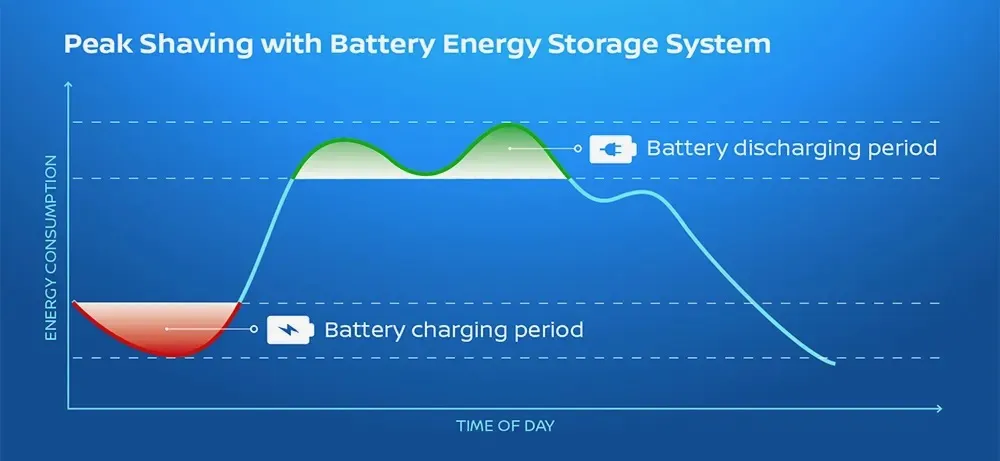
Peak shaving with Nissan Leaf second life batteries
The installation consists of two assemblies using battery components from an estimated 50-60 Leaf electric vehicles. One contains multiple 40-kwh Leaf battery packs adding up to a total capacity of 500 kwh, while the other uses individual modules.
Nissan expects annual carbon dioxide emissions reductions of up to 3.7 tons per year from the project. Technicians will study the battery installations for at least one year, with a particular focus on how used batteries work together despite different states of health. The automaker will also work with Middle Tennessee Electric to study potential demand response uses, similar to projects already being undertaken by General Motors and Ford, to reduce electricity demand from fossil-fuel power plants.

Nissan U.S. headquarters in Franklin, Tennessee
This isn't the first second-life battery project Nissan has undertaken. In 2015 the automaker unveiled a plan to provide used Leaf battery packs for stationary energy storage units in the U.S., and it's experimented with the idea in Europe and Japan as well. Other automakers have done the same. Porsche, for example, is using Taycan batteries to help power one of its factories.
The focus on EV batteries' second life assumes that many batteries will be left over once the cars they're installed in reach the end of their usable lives. But it may take some time for the EV fleet to reach a large enough size to supply batteries for anything other than modest projects like this Nissan effort. And with fluctuating raw materials prices and the geopolitical and environmental issues surrounding their sourcing, there's some debate about whether reuse or recycling is the better option.

